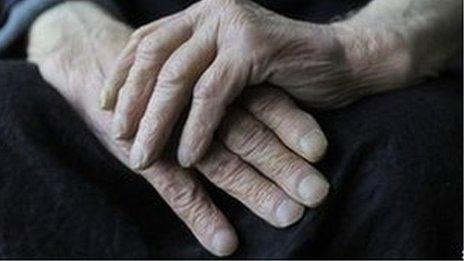End-of-life care 'deeply concerning'
- Published
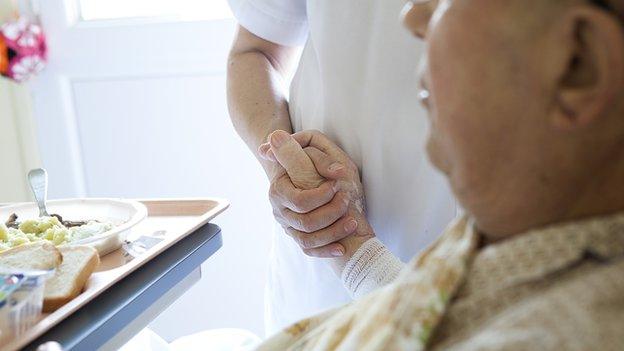
The review looked at the care given to over 6,500 people
The care given to people dying in hospital is "deeply concerning", according to doctors who have carried out a review of standards in England.
The audit found only a fifth of hospitals provided specialist end-of-life care seven days a week - 10 years after this was recommended.
Communication was also particularly poor, the joint Royal College of Physicians and Marie Curie review said.
More than 500,000 people die each year in England - half of them in hospital.
The review looked at the care given to more than 6,500 people who had died last year in 149 hospitals.
Some but not all of them had been on the controversial Liverpool Care Pathway.
This covers care given during the final stages of life and can involve withdrawal of medication, food and fluids, but is being phased out following criticism about how it was being used.
More than 800 bereaved relatives were also asked for their views. Three-quarters said they felt supported during their loved-one's final two days of life.
'Disappointing'
But the review also found:
Just 45% of patients had been assessed to see if they needed artificial nutrition and 59% for hydration
Getting medication for the key symptoms - pain, agitation, effects on breathing, and nausea or vomiting - varied from 63% to 81%
Mandatory training in care of dying for doctors was only required in 19% of trusts and for nurses in 28% of trusts
Nearly half of trust boards had not discussed care of the dying in the previous year or conducted a formal audit - despite recommendations this be carried out annually
Dr Kevin Stewart, who led the review, said: "Although some aspects of care are good, I am deeply concerned that some hospitals are falling short of the excellent care that should be provided to both dying people and those important to them.
"It is disappointing that hospitals don't seem to recognise this as an important issue, not just for those experiencing this in their own lives, but the wider public."
Patients Association chief executive Katherine Murphy added the issue was "extremely upsetting and distressing".
"Many of our callers feel very guilty for not having done enough for their loved ones and hearing about poor quality of care for their relatives at the end of their life in hospitals will only add to their guilt of and the feeling of helplessness."
Care and Support Minister Norman Lamb said: "All patients should be receiving high quality and compassionate care in their last days of life - there can be no excuse for anything less.
"This report shows evidence of very good care but I am seriously concerned about the variations in care, and improvements are needed in the way some clinicians communicate with patients and support families. I am determined this should improve."
- Published14 May 2014
- Published15 July 2013
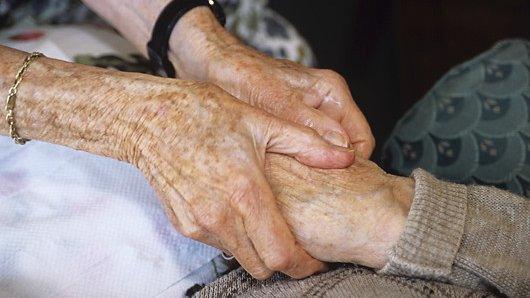
- Published13 July 2013
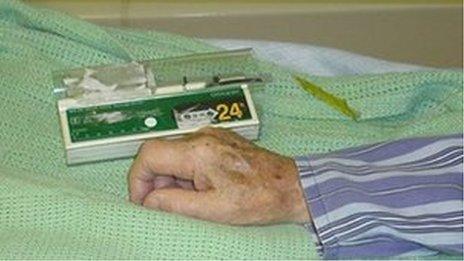
- Published1 November 2012
- Published13 July 2013

- Published27 June 2013

- Published22 January 2013
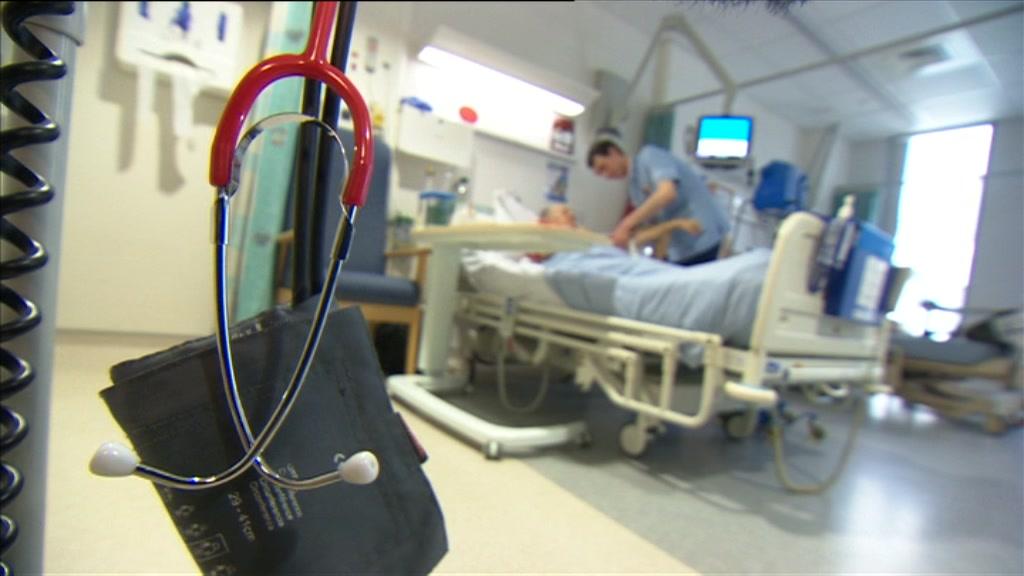
- Published26 November 2012
